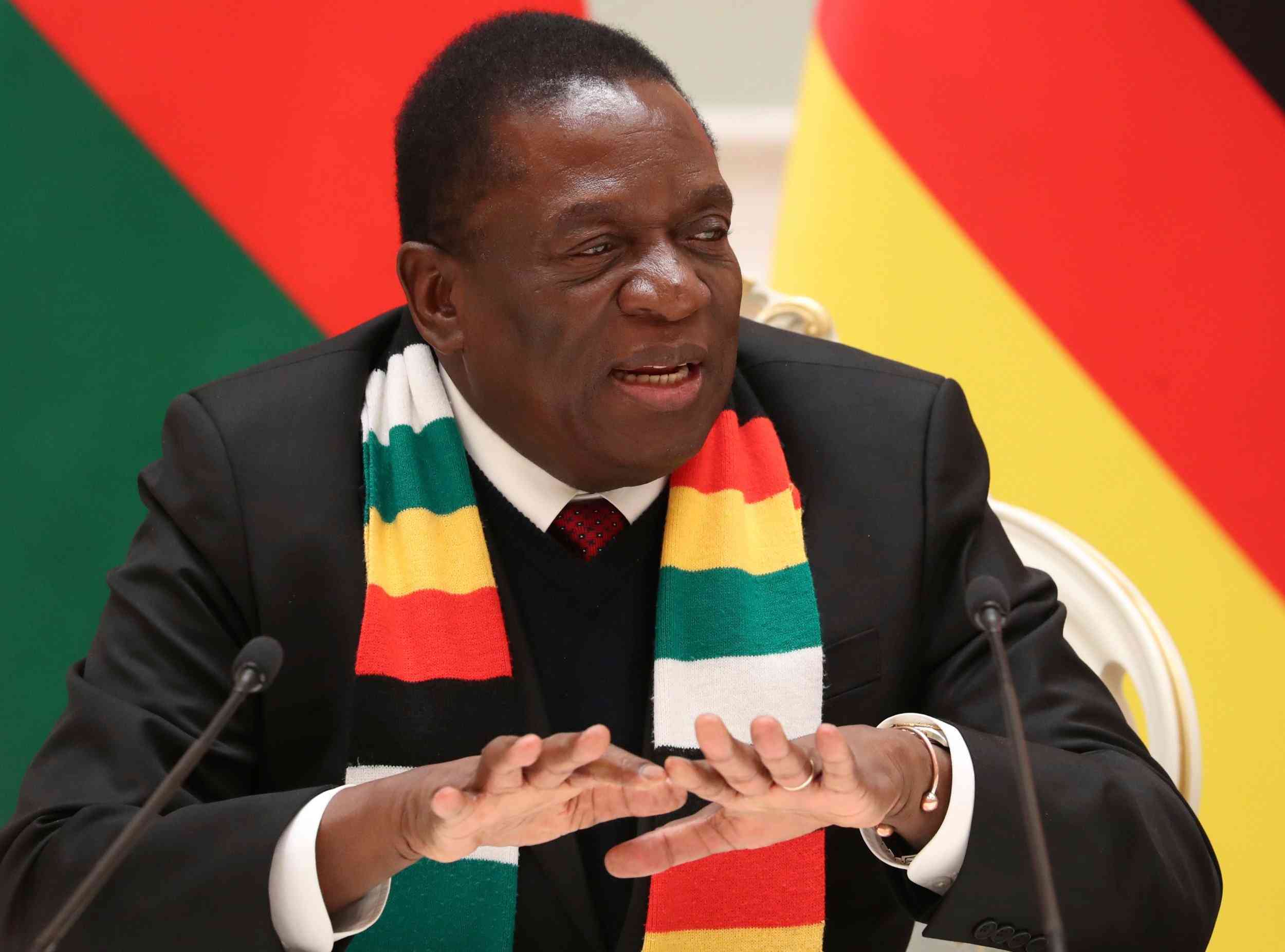
The government has gazetted tough new laws that could see people spending up to 20 years in prison for spreading fake news on the novel coronavirus.
According to Statutory Instrument 83 of 2020, people who peddle information deemed false by the government face up to 20 years in prison, a hefty fine or both.
“For the avoidance of doubt any person who publishes or communicates false news about any public officer involved with enforcing or implementing the national lockdown in his or her capacity as such, or about any private individual that has the effect of prejudicing the state’s enforcement of the national lockdown, shall be liable for prosecution under section 31 of the Criminal Law Code and liable to the penalty there provided, that is to say a fine up to or exceeding level fourteen or imprisonment for a period not exceeding 20 years or both,” the regulations read in part.
Zimbabwe already has tough information laws and this will be seen as the latest effort to muzzle free speech.
The government has been accused of not being truthful about the scale of the coronavirus, but the latest measures could see people being jailed for contradicting the authorities’ version of events.
President Emmerson Mnangagwa on Friday announced a complete lockdown that begins at midnight, but industry and analysts argue that the fragility of Zimbabwe’s economy does not allow for a complete lockdown.
More than 90% of Zimbabweans are in the informal sector and staying at home, observers say, would mean loss of income.
Tension remains in Harare ahead of the lockdown as the deployment of soldiers on the streets evoke memories of wanton beatings of unarmed civilians in the streets.









